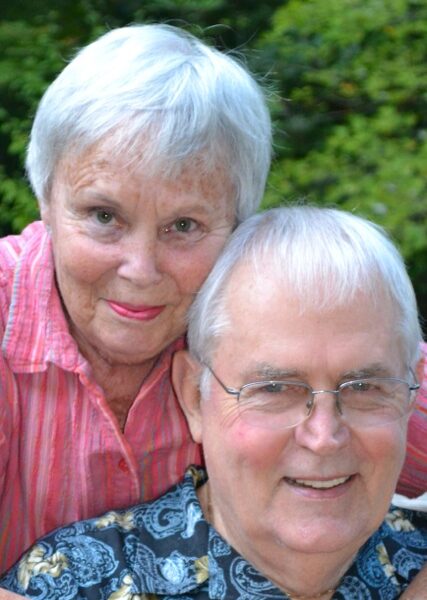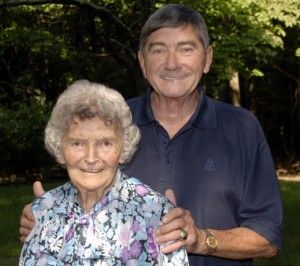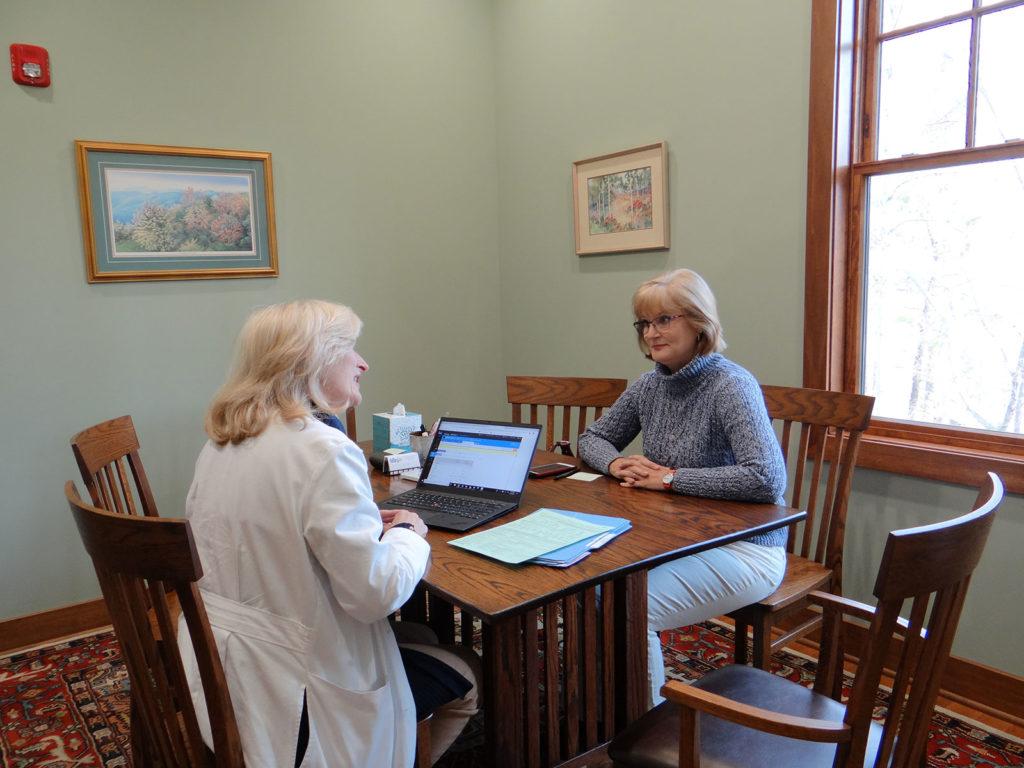For questions about ways to give to MemoryCare:
| Janet Doyle Development Director doyle@memorycare.org 828-771-2219 |
For questions about ways to give to MemoryCare:
| Janet Doyle Development Director doyle@memorycare.org 828-771-2219 |
Recurring giving is an easy, automatic way to support MemoryCare in a way that works for your budget and schedule. It is convenient, customizable, and environmentally friendly, and helps ensure a steady source of funding for our program.
You can set up your recurring gift by credit card or bank draft now: click to donate online, select your amount, select “Recurring Donation,” then select your frequency. Once you have entered your payment information and submitted your recurring gift, MemoryCare will automatically deduct gifts from your credit card or bank account according to the amount and frequency (monthly, quarterly, semi-annually, or annually) you designate. And don’t worry—your online donation is secure and flexible.
Please complete our Donation Form for your gift of cash or check.
Please complete our Pledge Form to send your pledge details and payment by mail.
$50 for materials in our resource center
$150 for peer support groups of the MemoryCaregivers Network
$250 to educate caregivers in MemoryCare’s Caregiver College
$500 for our satellite clinics serving rural areas of Western North Carolina
$1,500 to support one family’s care for a full year
$10,000 to endow a “Gift of Care” to support the care of one family every year in perpetuity
Donate in honor or memory of a friend or family member
Donate through an IRA Charitable Rollover Gift
Make a long-term impact on MemoryCare
Transfer of stock or retirement plans
Support our community education and outreach
Donate your vehicle and avoid the hassles of selling
Invite your Facebook friends to support MemoryCare

Your beloved is unforgettable in your heart. Please consider honoring him or her at MemoryCare too. Ensure his or her memory lasts forever in an enduring tribute with a gift to the endowment, or make a one-time gift.
To dedicate a gift online, please follow the link aboveand check the box “I would like to dedicate this donation.” To mail your gift please complete and include our Donation Form.
All such gifts can include the beloved’s name inscribed on the Honor Wall at MemoryCare.
“Our world desperately needs MemoryCare for every family dealing with dementia. Therefore, I donate as much as I can and hope that others will do the same so that this model of care can continue to grow and spread to all in need. Regina passed on now, but I am grateful to MemoryCare for as long as I live, and I committed to leave part of my remaining estate to continue that gratitude after I too have passed on.” Sharron K. St John, Former Caregiver
Contact MemoryCare, 828-771-2219, and Janet Doyle, doyle@memorycare.org, will be pleased to hear from you.
If you are 70 ½ years of age or older and have an Individual Retirement Account (IRA) you can make an immediate impact to MemoryCare through an IRA Charitable Rollover Gift, or Qualified Charitable Distribution. An IRS provision allows you to donate up to $100,000, that may be tax-free, from your IRA each year to a qualified charity, such as MemoryCare. If you are over 70 ½ and your 70th birthday is July 1, 2019, or later, you do not have to take withdrawals until you reach 72, but you may still do so, and MemoryCare is pleased to accept them.
Generally, when you take a distribution from your IRA it is treated as taxable income. If your distribution is made directly to a charity, it may not need to be included in your income. Therefore, you could avoid taxes and could save on Medicare costs.
This material has been prepared for informational purposes only, and is not intended to provide, and should not be relied on for, tax, legal or accounting advice. You should consult your own tax, legal and accounting advisors before engaging in any transaction.
Making your gift is easy. If you are interested in supporting MemoryCare through an IRA Charitable Rollover Gift, contact your IRA Administrator.
Download our sample IRA Rollover Letter OR Form to use as preferred:
For informational purposes only. Not an investment recommendation.
MemoryCare does not provide tax, legal, or financial advice. Please consult with the appropriate tax or legal professional regarding your particular circumstances before making any investment decisions.
MemoryCare is a 501(c)3 non-profit charitable organization. Our Federal Tax Identification Number for MemoryCare™ is 56-2178294. Our NC solicitor’s license# is: EX000469
Planned Giving with MemoryCare is an opportunity to honor a loved one or a friend, and to ensure that MemoryCare will continue to provide comprehensive treatment for caregivers and individuals with memory loss with the care and dignity they deserve.
For the donor, such gifts may lower taxes or even provide income. Contact MemoryCare, 828-771-2219. Janet Doyle, doyle@memorycare.org, will be pleased to help.
“Any gift, small or large, will insure that MemoryCare is available to those who will need it in the future. They may never know your name or shake your hand, but they will bless you when the time comes for them to need MemoryCare.” Dale Rusk, Former Caregiver

MemoryCare is grateful to be named as a beneficiary of a fund, and/or to receive contributions through any of the following: bequests, trusts, donor advised funds, charitable remainder trusts, insurance policies, and IRA retirement funds using the QCD options.
MemoryCare is a 501(c)3 non-profit charitable organization. Our Federal Tax Identification Number for MemoryCare™ is
56-2178294. Our NC solicitor’s licence# is: EX000469

Acceptance of Stock:
To contribute stock shares or similar investments, please contact Janet Doyle, 828-771-2219 or doyle@memorycare.org, for transfer details.
Acceptance of Insurance Policies:
MemoryCare can be named as a designated beneficiary of an insurance policy, and also will accept paid-up policies. Please contact Janet Doyle, 828-771-2219 or doyle@memorycare.org, for information.
MemoryCare has several sponsorship opportunities throughout the year. We rely on the support of our community partners to provide the community education and outreach we offer. Thank you!
For sponsorship opportunities, please contact Janet Doyle at doyle@memorycare.org or at (828) 771-2219.

We accept all types of vehicles — cars, trucks, SUVs, motorcycles, ATVs and even boats. To get started, just complete the form through the link below to our secure online donation form or call (855) 500-RIDE or (855) 500-7433 to speak to a representative.
All that you will need to provide is the Certificate of Title upon pickup of your donated vehicle. For answers to common questions about the donation process, please see vehicle donation FAQ’s.
WHY DONATE?
Fill out our donation form through the link below get started…we’ll take it from there!
Celebrate your birthday or another special occasion with a Facebook Fundraiser, and help MemoryCare continue to support families affected by dementia, like Alzheimer’s Disease.
You don’t really want another ill-fitting, weird shirt for your birthday, do you? Invite your Facebook Friends to contribute to your fundraiser instead. It’s easy, exciting and secure, and best of all, you help MemoryCare help others.
Click below to get started on your own Facebook Fundraiser today: